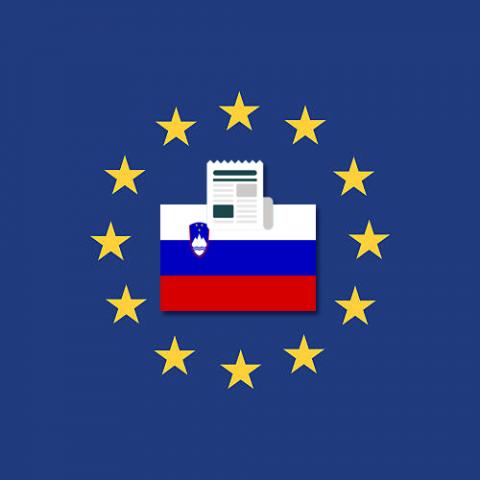
Background information
Date of final decision: 2 June 2020
Cross-border case or national case: National case
Controller: A parish of the Roman Catholic Church
Legal Reference: Right of erasure (Article 17)
Decision: Dismissal of the complaint
Keywords: Archiving purposes in the public interest, Religious freedom
Summary of the Decision
A parish of the Roman Catholic Church was processing the application of an individual on the right of erasure. The individual requested his personal data to be erased from the Baptismal Register, because he was no longer a member of the church. In his opinion, the collected data are no longer necessary in relation to the purposes for which they were collected. He did not give consent for his baptism or processing of his personal data. The individual also claimed that personal data entered in the register reveal religious beliefs and interfere with his religious freedom.
The data collected in the register were: first and last name of individual, date of birth, date of baptism, names of parents and godparents and place of residence. The parish claimed that the legal basis for the processing of data in the register is mainly the Protection of Documents and Archives and Archival Institutions Act, which classifies the registry as archival material of outstanding national importance, therefore it is not allowed to delete any of the data contained. The parish has also made an additional entry in the register stating that the person is no longer a member of the church. The SA assessed if the processing is necessary for archiving purposes in the public interest in accordance with Article 89(1) GDPR and if the erasure is likely to render impossible or seriously impair the achievement of the objectives of that processing (Article 17(3)(d) GDPR).
The SA emphasised, that the above mentioned act itself stipulates that the church documentary material has the characteristics of archival material. It is also subject to the principles of permanence and integrity and it provides measures which can be considered as appropriate safeguards according to 89(1) GDPR. The SA decided that the Batismal Register is an archive document according to the national act and that the individual cannot claim the right of erasure when the processing is needed for archiving purposes in the public interest. Deletion of the data would seriously hamper the achievement of these objectives. The decision has been challenged in the court of justice. The Administrative Court upheld the decision of the SA and added that the individual is not faced with religious elements by the mere fact that the parish stores his data in the register. Subsequent entry clearly demonstrates that the individual is no longer a member of the church, which is also a representation of his right not to belong to a religion.
The news published here does not constitute official EDPB communication, nor an EDPB endorsement. This news item was originally published by the national supervisory authority and was published here at the request of the SA for information purposes. Any questions regarding this news item should be directed to the supervisory authority concerned